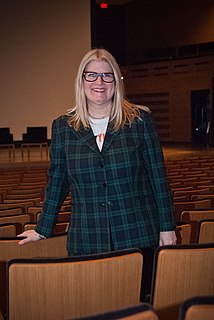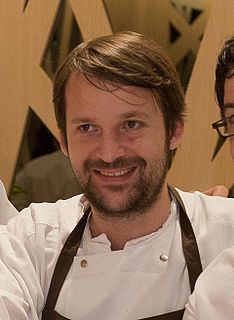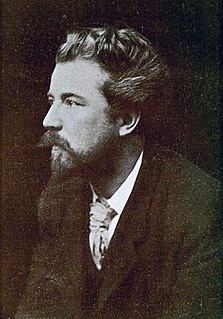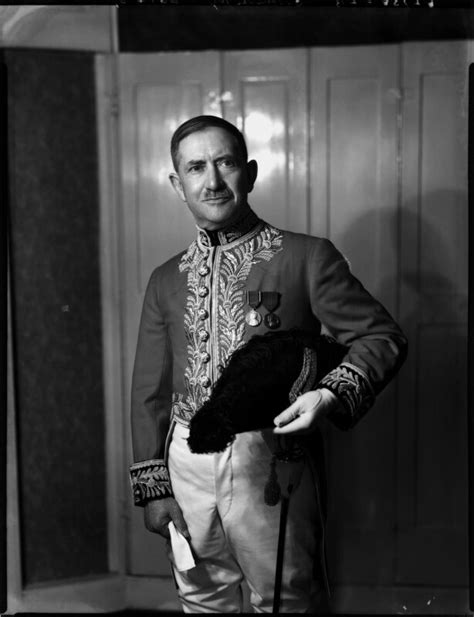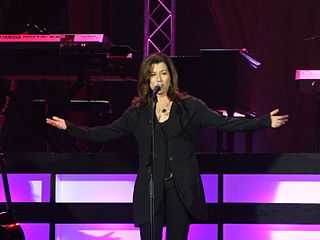A Quote by Henry Fielding
What is commonly called love, namely the desire of satisfying a voracious appetite with a certain quantity of delicate white human flesh.
Related Quotes
True love is delicate and kind, full of gentle perception and understanding, full of beauty and grace, full of joy unutterable. There should be some flavor of this in all our love for others. We are all one. We are one flesh in the Mystical Body as man and woman are said to be one flesh in marriage. With such a love one would see all things new; we would begin to see people as they really are, as God sees them.
Let take a cat, and foster her with milk And tender flesh, and make her couch of silk, And let her see a mouse go by the wall, Anon she leaveth milk and flesh, and all, And every dainty that is in that house, Such appetite hath she to eat the mouse. Lo, here hath kind her domination, And appetite banishes discretion.



